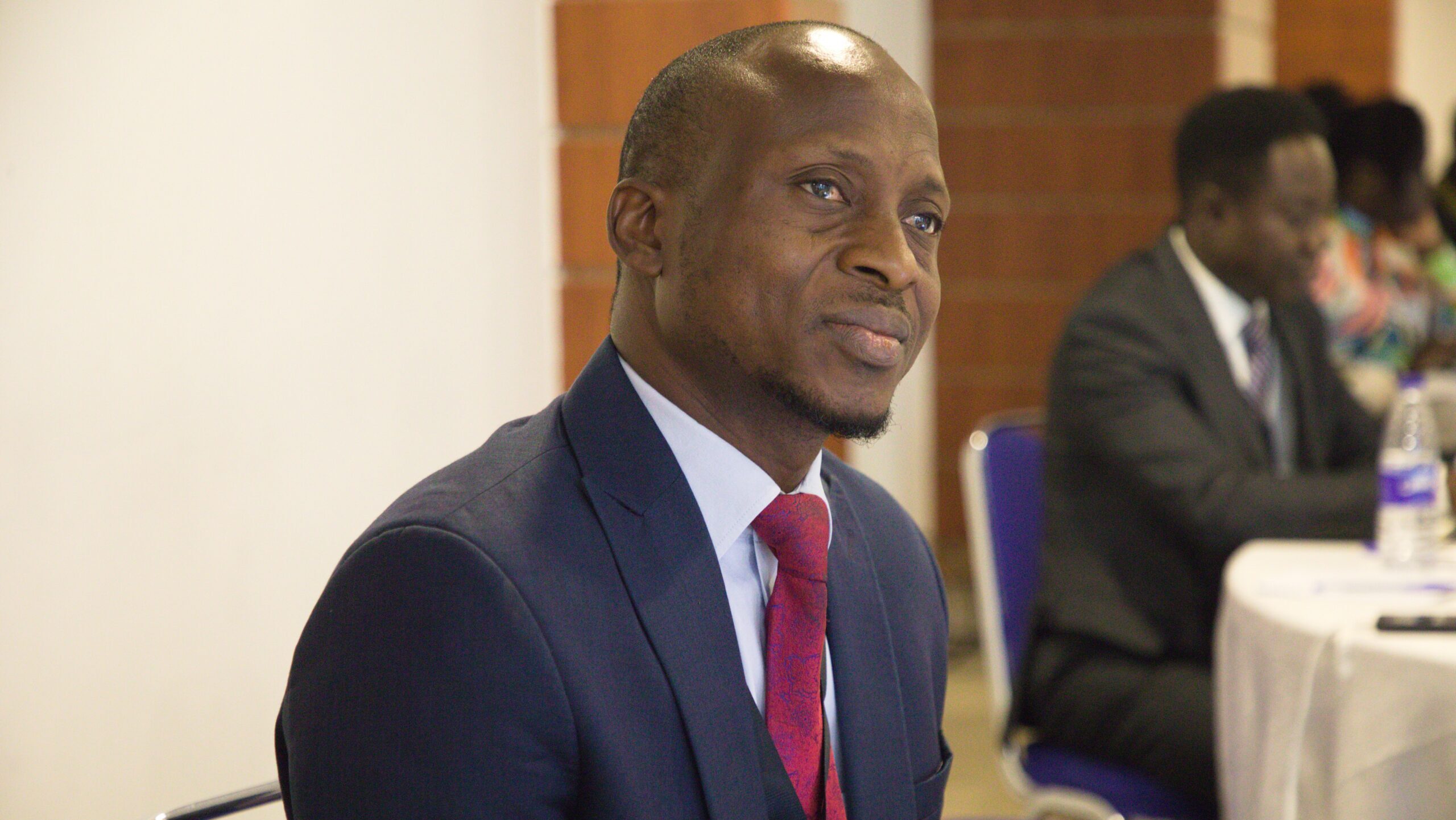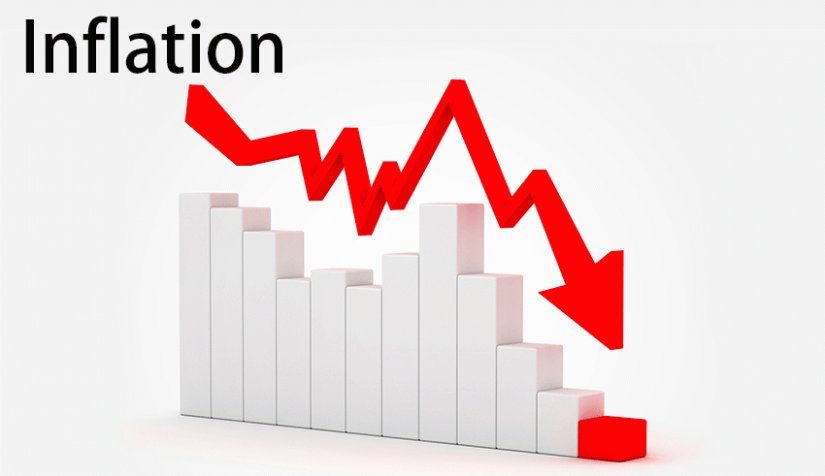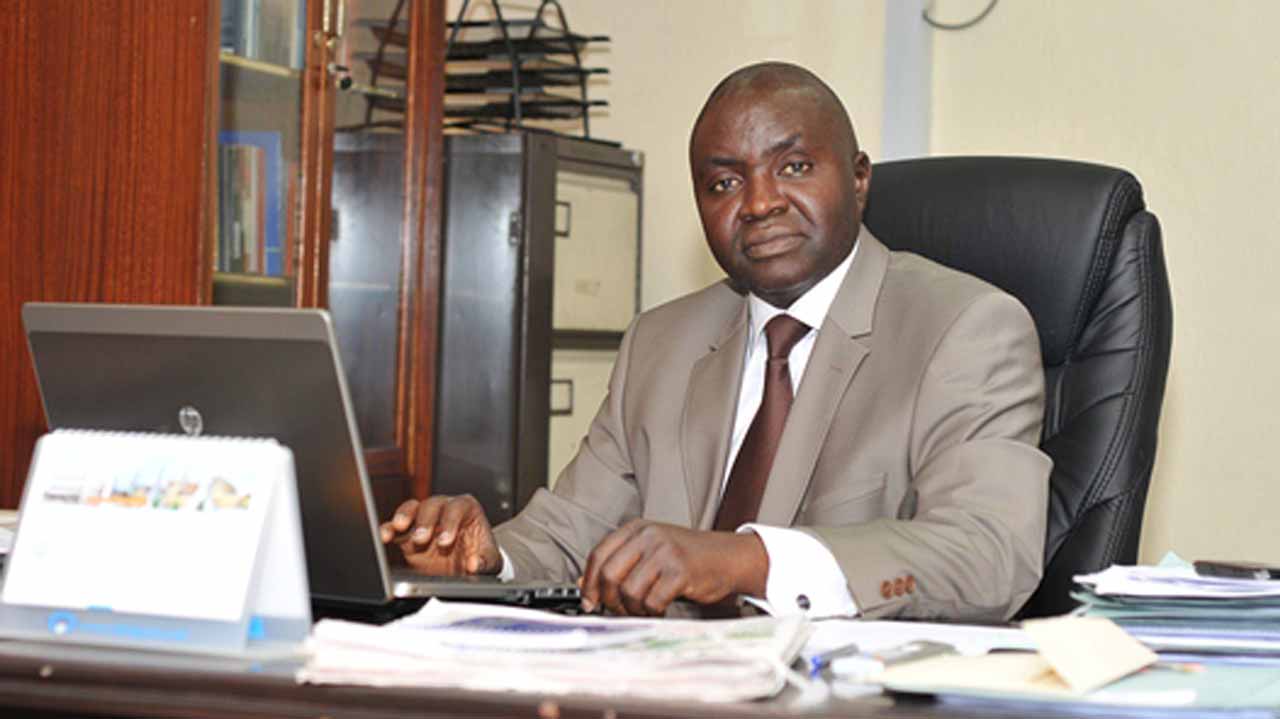
Blessing Ibunge in Port Harcourt
In an effort to encourage women inclusiveness in the activities of Host Communities Development Trust (HCDT) in oil producing communities, a non governmental organisation, Policy Alert with support from Canada Fund for Local Initiatives (CFLI/FCIL), has inaugurated HCDT StateWomen Action Group (SWAG), in Rivers State.
The group inaugurated the women selected from across oil producing communities in Rivers, during a two-day training for women leaders from the communities, in Port Harcourt, in the State.
Executive Director of Policy Alert, Tijah Bolton-Akpan, explained that the inaugurated women would ensure transparency in the funds allocated to the HCDTs in the State.
He explained that the idea for the training and inauguration was to ensure that women in host communities actually have the tools in their hands to interrogate developments around them from a gender lens.
He said the women should be able to analyse even the flow of funds and how those funds are being allocated to different projects to ensure that they address the needs of all segments of the society.
“Girls and boys do not have the same needs. Men and women do not have the same needs. So, we do not want to have this kind of blanket approach to project development in the communities.
“So, that is what this project is meant to address. It’s also supposed to address transparency and accountability from a gender lens. Sometimes we look at the issues of corruption and all that and we need to ask ourselves, who is benefiting from what is being stolen?
“Right now, we have over 120 HCDTs that are already obtaining funds from their settlors, that is the 3 per cent OPEX that the law prescribes. We have also seen that over N370 billion, from the last information we had from the NUPRC, has been paid into most of these Trusts.
“However, we’ve noticed that there has been the absence of gender and social inclusion in how the trusts are organised, and also how the projects are determined, and even how the communities derive benefits from these projects”, Bolton-Akpan expressed.
In his presentation on: “Unveiling the Petroleum Act: Empowering women to Shape Resource Governance in the Niger Delta”, Edidiong Dickson, observed that women are highly impacted by oil pollution in the affected communities yet less recognised in terms of solution both by the government and multinationals.
He also observed challenges with the HCDT implementation to include; lack of capacity within trust, political interference, weak regulatory oversight and low participation by women.
Dickson mentioned factors responsible for low women participation in HCDTs as patriarchal norms, lack of access to information about the PIA and HCDT structure, limited technical, and others.
He however, urged the women to go back to their communities and advocate for inclusive HCDTs, mobilise women to review and engage HCDT programmes and project from a gender lens as well as build technical capacity to engage the process and forge partnership with organisations engaged in HCDT advocacy.
On her part, Lucy Eyo, noted that over 13 million barrels had been spilled in the Niger Delta region since 1958, regretting that communities in the area are faced with contaminated soil, Rivers, and mangroves as a result of the continuous gas flaring, which has also worsened air pollution and waste of valuable energy resources.
Eyo, who also observed that women as farmers, fish processors, caregivers, and water collectors are worse hit by the polluted environment, said “Yet, women are largely excluded from environmental decision-making that affects their lives”.





